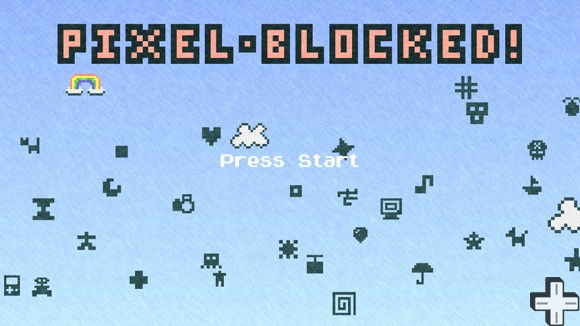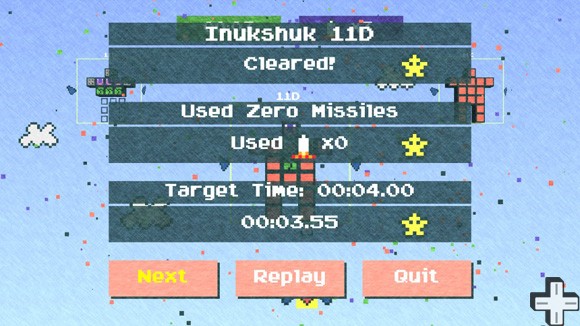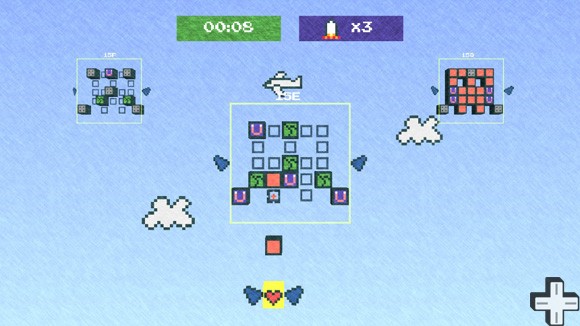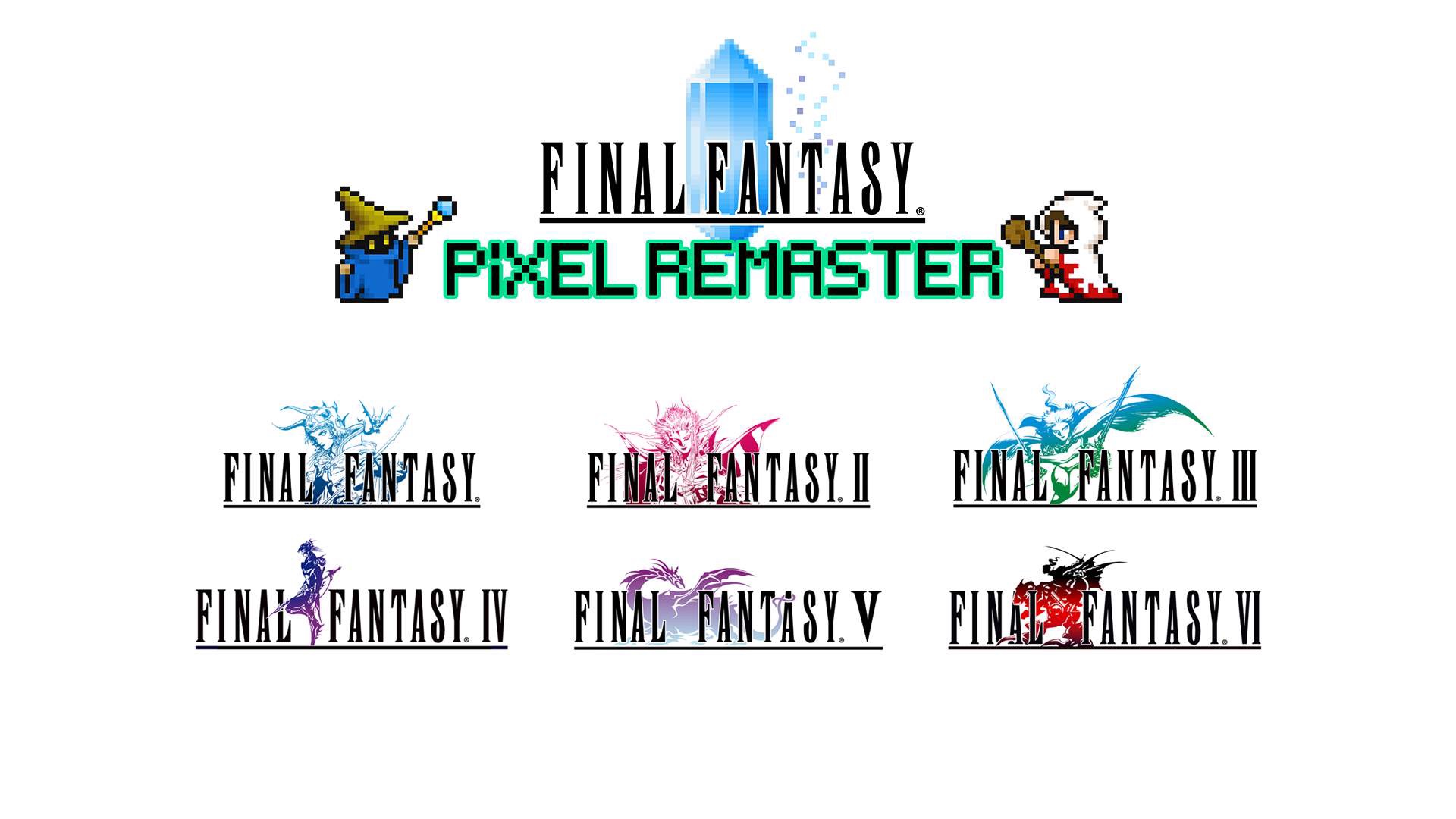Interview with Daniel Truong Developer of Pixel Blocked!
Pixel Blocked! is easily one of the most under-recognised Indie Games on the Xbox Live Arcade, with a furiously addictive style of gameplay it’s a game that many will become addicted to and with an impending update will soon want to play all over again. As like many other Indie Games, Pixel Blocked is developed by one guy in a one-man-band operation and VGamingNews was lucky enough to get the chance to ask the brains behind the game, Daniel Truong, all about the game and what drives him.
VGN: Thanks for taking the time to out conduct this little interview, firstly, tell us about yourself – who is Daniel?
Daniel: I’m a 25 year-old indie game developer and avid gamer from Winnipeg, Manitoba. I have a lifelong passion for video games, and moved out to Vancouver, B.C. after high school to pursue a career as a computer programmer. In my spare time, I enjoy doing various sports, such as biking, swimming, and snowboarding.

VGN: Can you remember the first time you thought about Pixel Blocked!? Where were you when you first had the thought and what made you push it from a little spark in your head into an indie game?
Daniel: The idea for the game started back in university. The DS was at the top of its game, and my friend and I had just started a DS club for homebrew development on the DS. Pixel-blocked was actually inspired by some of my favourite puzzle games like Picross DS, Tetris DS, and Quarth. Actually, the spark that put it all together was a t-shirt I saw at FCUK. On the shirt, there was a giant space invade, with each pixel represented by a large block that looked like it was sketched in. (In-fact, the first level I made for Pixel Blocked! during prototyping was that very same space-invader.) And then the thought occurred to me, wouldn’t it be cool if there was a puzzle game where players had to individually place each pixel in the image, but had to think about each placement, so as to not block future pixel placements? It evolved and matured as I fleshed out the details, imagined the game play, and played with physical prototypes of the game.
However, I didn’t have the time to work on the game, or even the necessary skills. The ideas for the game, like many others, were stored in the back of my mind as I became distracted with school, and later, worked at Radical Entertainment and Electronic Arts.
The push came from my experience at Electronic Arts. Those long hours made me realize that I wanted something more. After my contract ended, I knew I had to make my own game. If I was going spend long hours making a game, I wanted to be making something I was really passionate about. The struggle was then choosing the right project, as I tried to determine the scope, lay out the groundwork and figured out my own capabilities. Pixel Blocked was the perfect project.

VGN: How has the concept of the game evolved over the development?
Daniel: The game is still evolving! Even though the core concept hasn’t changed all that much, the way the game is presented, the flow of one level to the next, and the award system are all things that have evolved over the course of development and are still in the process of evolving.
For example, for the upcoming patch, I’m not only changing the award system in a significant way, but I’m also removing the use of missiles. Removing the missiles will really force the player to make smart moves so that they don’t block themselves. The award system now rewards a bronze, silver or gold medal based on your time and number of moves.

VGN: How long has it taken you to get this game off of the ground?
Daniel: It’s taken a little more than a year for me. I started this project back in June 2010, right after my contract ended with Electronic Arts. However, I spent a considerable amount of time prototyping and about a month travelling. I don’t think I really considered it a full time job until I got back from my travels around October 2010.
VGN: What were your key challenges along the way?
Daniel: The life of an indie game developer is tough because you’re doing this all on your own. It’s hard to find good help, and you have to learn to discipline yourself to be self-motivated. Whatever challenges you happen to encounter in the process of creating your game, you have to come up with the solutions and handle the problems on your own terms. One of the key challenges that I faced, I would say, looking back, was that it was financially straining to be unemployed. In addition, finishing that last 10% of the project was definitely a huge hurdle.
VGN: What made you give the game a classic, 8-bit feel?
Daniel: I realized that 8-bit has sort of become main stream, which makes sense because a lot of people grew up with a Nintendo, so they’re aware of these minimalistic designs that are supposed to represent something with only a few pixels.
Given that the premise of the game involves building pixelated silhouettes, it made sense to give the game an 8-bit feel. Another great reason I went with the 8-bit look is that it fit within the constraints of my artistic abilities. You could probably consider the artstyle to be coder art.
VGN: Why Xbox Live?
Daniel: I chose Xbox Live because it’s easy to use, cheap, and widely accessible. To me, it seemed like the most convenient choice possible at the time that I made the decision. I had a PC and an XBOX. All I really needed to do was purchase an APP HUB subscription and away I went.

VGN: There’s been a few rumblings in the indie world that XBLA is a bit of a challenge to work with, did you encounter any difficulties?
Daniel: Yes, however, I don’t think the process of getting your game approved for the XBLIG marketplace is a challenge. In fact, it’s actually quite painless, and once you go through it once, it’s even easier the second time around because you have an idea of the kind of things that would prevent your game from getting approved. I think the real challenge is trying to create a product that will appeal to the XBLIG marketplace. It’s a pretty tough marketplace, where the games that get advertising are the ones that are the top 50 newest, top 50 downloaded, and top 50 rated. While you’re in the top 50 newest, if you don’t get into either the top 50 downloaded or top 50 rated, your game just gradually disappears off the charts.
VGN: Are you looking at moving the game to other platforms? If so, why?
Daniel: I’m currently working on moving the game to other platforms such as the Windows Phone, IOS, and Android. I’m hoping that the game will sell better on these platforms and reach a wider audience than it did on the Xbox.
VGN: Any advise for any other budding indie game developers out there?
Daniel: Being an indie game developer is tough, so make sure that you have enough determination and self-motivation to get yourself through the many challenges you encounter. For me, video games have always been my number one passion, and that’s what motivates me to keep going when the going gets tough.
VGN: Are you working on anything else that you’d like to share?
Daniel: World Peace.
We’d like to thank Daniel for the time he’s taken with this interview and hope that the forthcoming patch arrives soon!







